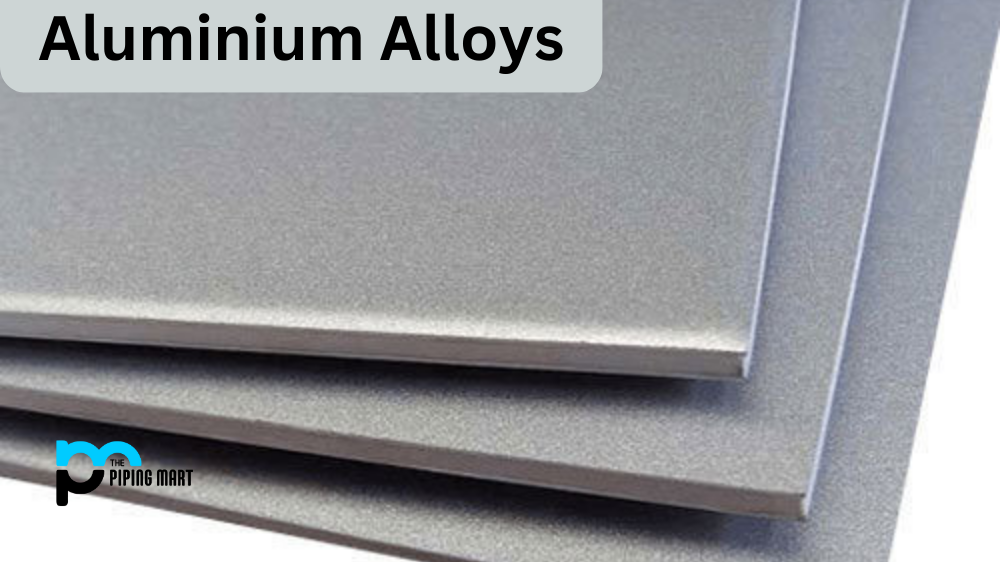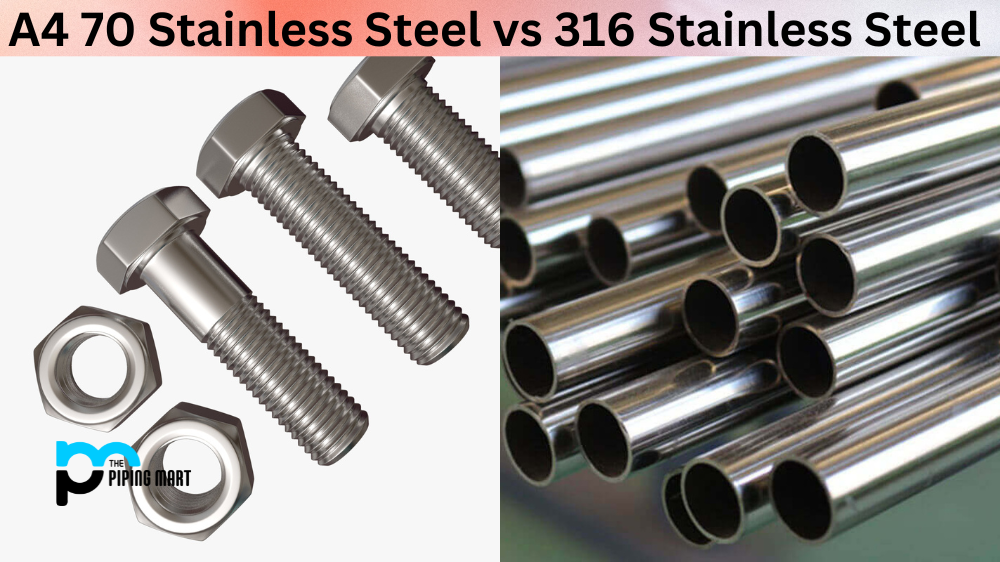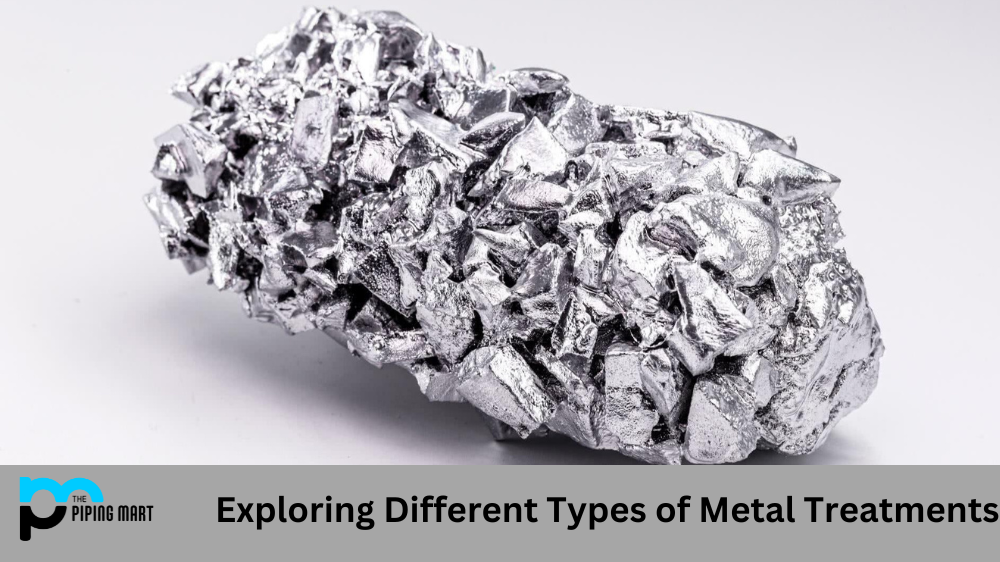Aluminum alloys have become increasingly important in modern industry, with their versatility enabling a wide range of applications across the aerospace, automotive, consumer electronics, and construction sectors. As one of the world’s most widely used metals, aluminium and its alloys offer excellent corrosion resistance, high strength-to-weight ratios, and superb thermal and electrical conductivity. This article will give a comprehensive overview of aluminum alloys and their applications.
What is Aluminium Alloy?
Aluminum alloys are metal composites that combine aluminium with one or more other elements. This results in a stronger, lighter, and more durable material than pure aluminum. In fact, aluminium alloys have become an essential component in almost every industry due to their versatility and wide range of desirable properties.
One of the most notable characteristics of aluminum alloys is their strength-to-weight ratio. They are significantly lighter than traditional steel while still maintaining impressive strength. This makes them a popular choice for aircraft, automobiles, and other transportation industries where weight reduction is critical in fuel efficiency and performance.
Moreover, aluminium alloys possess excellent corrosion resistance, making them ideal for use in harsh environments such as marine or aerospace applications. They also have superior thermal conductivity compared to other metals, making them perfect for manufacturing heat exchangers.
Guide to Aluminum Alloys and their Applications
Type of Aluminium Alloys
Aluminum alloys are a blend of aluminium and other trace elements. These elements affect the properties of the alloy, including corrosion resistance, strength, hardness, and electrical conductivity. The most common aluminum alloys are aluminium extrusions, wrought aluminum alloys, and cast aluminium alloys.
Applications of Aluminum Alloys
Aluminium alloys are used in various settings, including transportation, packaging, construction, aerospace, and electronics. Aluminum alloys are ideal for transportation applications because of their lightness and durability. Aeroplanes, cars, bicycles, and trains use aluminium alloys in their manufacturing processes. These alloys are used for making mechanical parts, such as wheels, frames, and engines, as well as in bodywork.
In construction, aluminum alloys are used for structural applications because of their strength-to-weight ratio. Aluminium alloys are preferred for window frames because of their lightness, durability, and corrosion resistance.
Aluminum alloys are used in electronic devices, including smartphones, tablets, and laptops. Their high electrical conductivity makes them ideal for wiring and electronics components.
Properties of Aluminium Alloys
Aluminum alloys exhibit a wide range of properties depending on the elements added to them. They are lightweight, strong, and highly resistant to corrosion. Adding copper increases the strength of the aluminium alloy while adding silicon enhances its thermal and electrical conductivity. Zinc improves the corrosion resistance of aluminum alloys, whereas magnesium makes them more malleable.
Selection of Aluminium Alloys
The selection of aluminum alloys depends on the specific application requirements. Mechanical properties such as strength, ductility, and thermal and electrical conductivity are important factors to consider when selecting an aluminium alloy. The alloy must be chosen for its ability to withstand the environmental conditions in which it will be used.
Advantages of Aluminum Alloys
Aluminium alloys have several advantages over other metals, including high strength-to-weight ratios, good corrosion resistance, excellent thermal and electrical conductivity, and ease of fabrication and recycling. Because of these advantages, aluminum alloys have become an important material in modern industry, leading to many applications.
Conclusion:
Aluminium alloys have become a critical metal in modern industry, with various applications in various settings. Their excellent combination of high strength, gth-to-weight ratios, thermal and electrical conductivity, and corrosion resistance makes them perfect for various applications. The selection of aluminum alloys depends on the specific requirements of a project, and the choice is based on durability, strength, temperature, and conductivity. Aluminium alloys are ideal for industries that require lightweight and corrosion-resistant materials. They are recyclable and offer many environmental benefits, creating a sustainable solution for all industries.
Sakshee is a talented blogger, with a particular focus on the Business and Metal Industry. She is passionate about sharing her insights on various metal products and helping professionals to make a better decisions.




